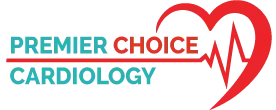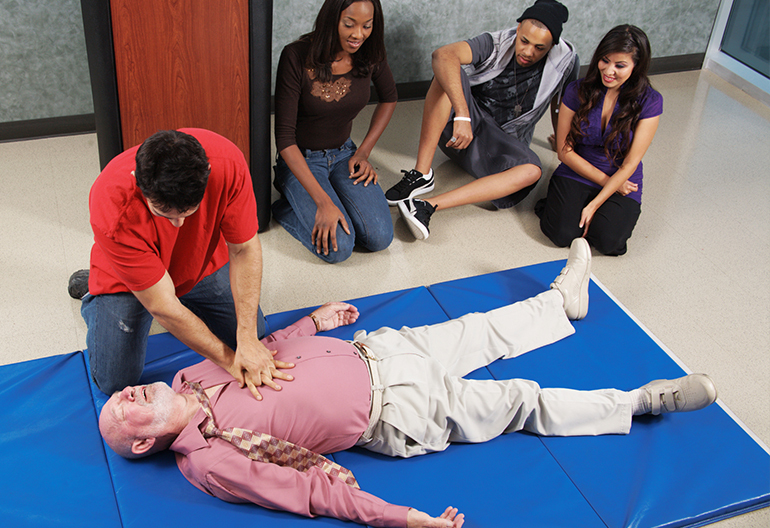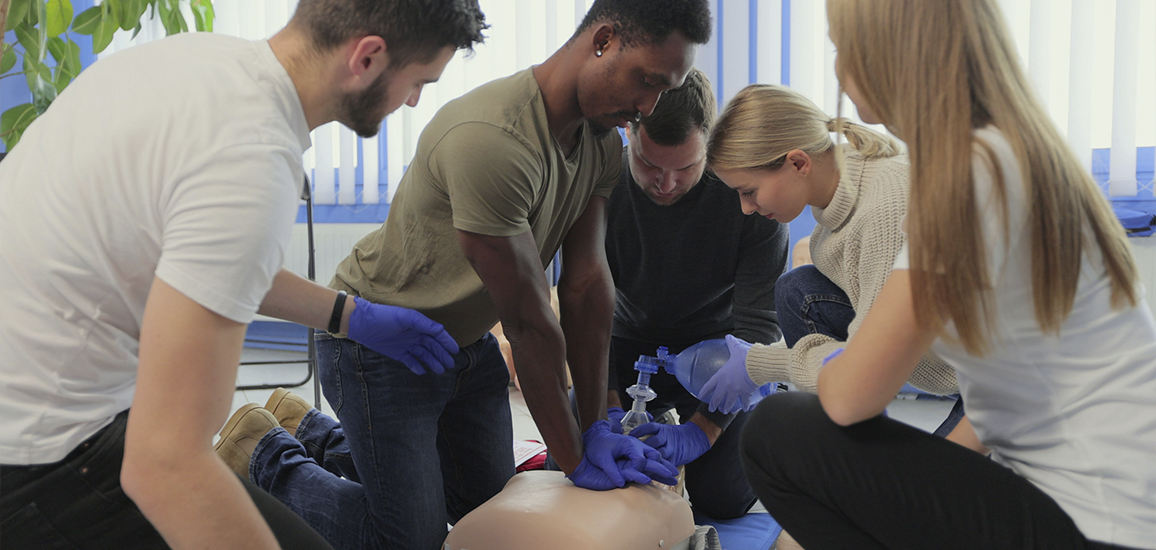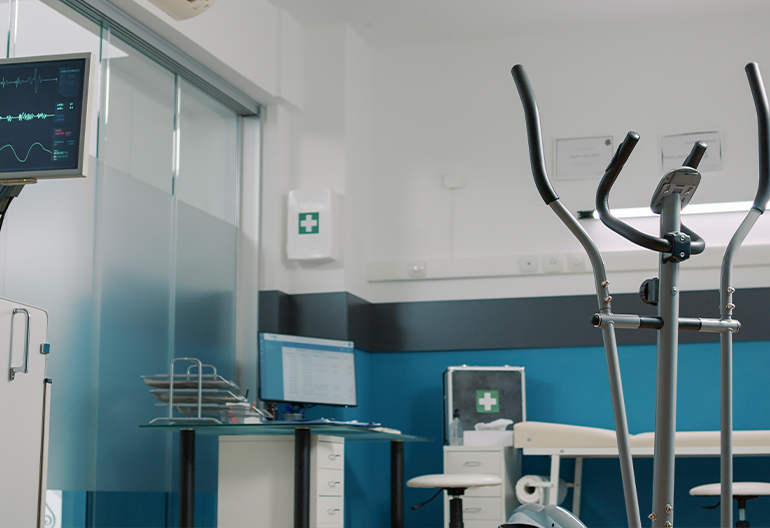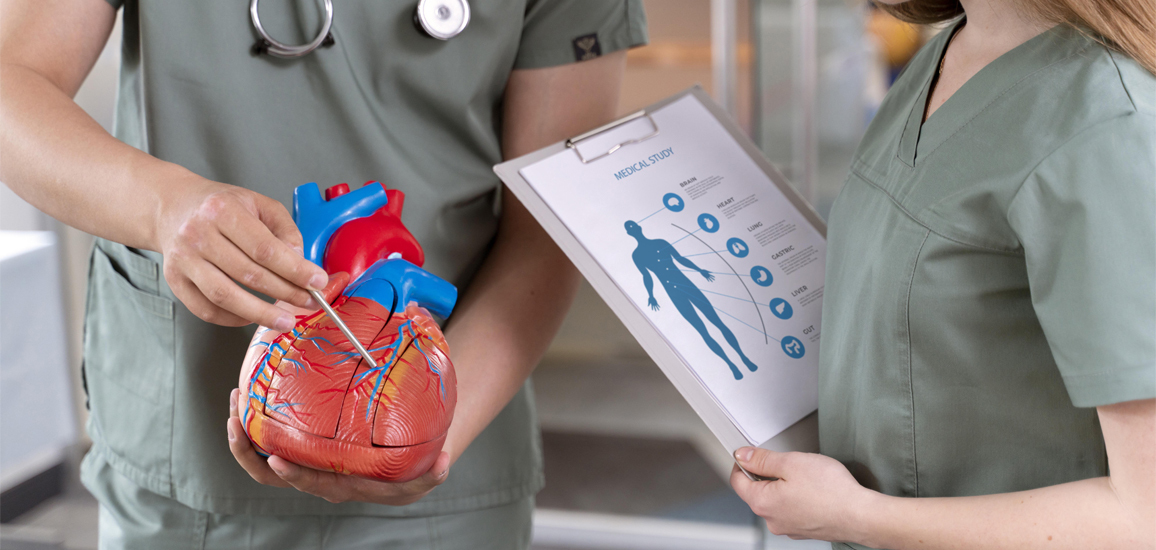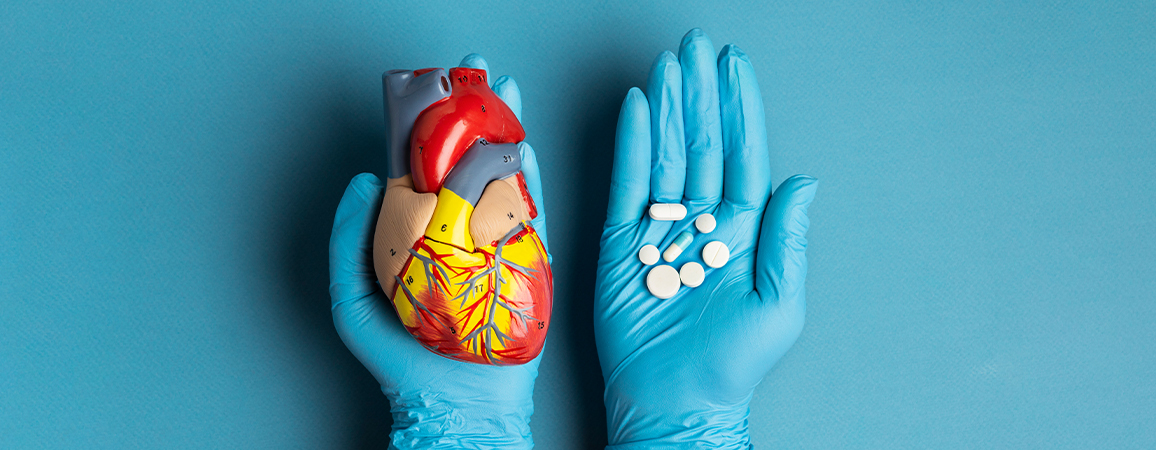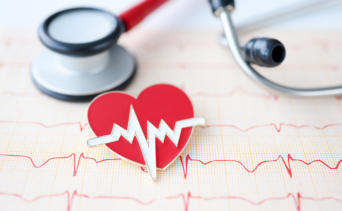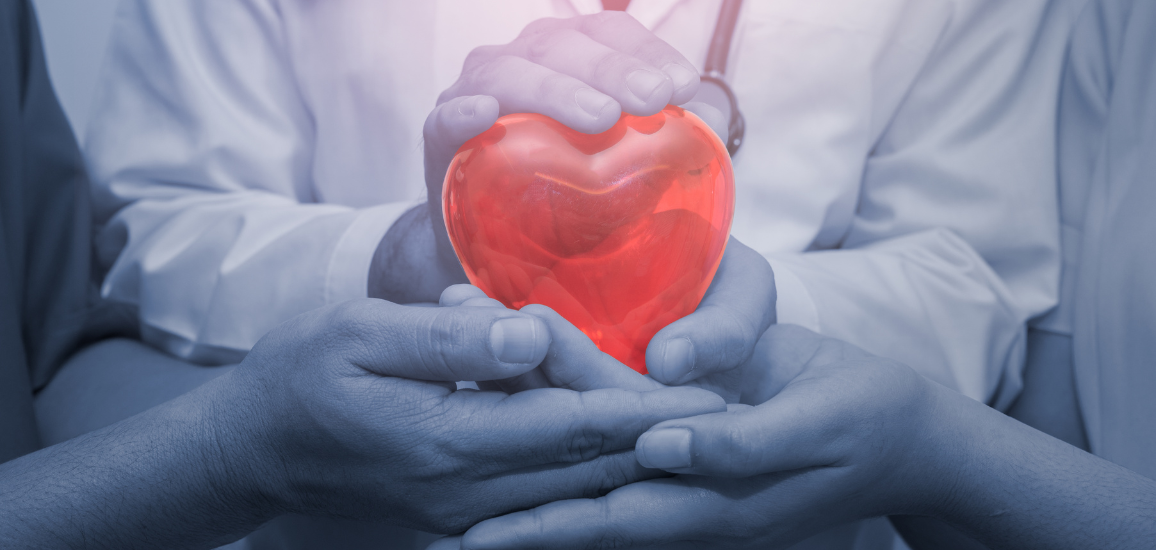
High blood pressure can strike unexpectedly, and knowing how to handle it at home is crucial. At Premier Choice Cardiology, we understand the urgency. Explore our guide for expert advice and insights into emergency treatments for high blood pressure, ensuring your well-being.
Understanding High Blood Pressure
Explore the basics of high blood pressure, its causes, and the importance of prompt treatment. Premier Choice Cardiology sheds light on the critical aspects of this condition.
The Link between Stress and Blood Pressure
Uncover the relationship between stress and high blood pressure. Premier Choice Cardiology emphasizes the impact of stress on your cardiovascular health and provides practical solutions.
Quick Tips for Immediate Relief
Premier Choice Cardiology offers actionable tips for immediate relief during a high blood pressure episode. Discover simple yet effective methods to manage your condition at home.
Lifestyle Changes for Long-Term Management
Explore lifestyle modifications recommended by Premier Choice Cardiology for long-term blood pressure management. Learn how small changes can make a significant impact on your overall health.
Recognizing Emergency Situations
Premier Choice Cardiology outlines scenarios that demand immediate attention. Recognize signs of a hypertensive crisis and understand when to seek emergency medical help.
Medications at Your Fingertips
Explore medications that can be kept at home for emergency use, as recommended by Premier Choice Cardiology. Understand their proper usage and potential side effects.
Premier Choice Cardiology’s Success Stories
Read real success stories from individuals who effectively managed high blood pressure emergencies at home with Premier Choice Cardiology’s guidance. Gain inspiration and confidence in dealing with your situation.
Expert Advice: Q&A with Premier Choice Cardiology
Q. Can high blood pressure be controlled without medication?
Yes, certain lifestyle changes like a healthy diet and regular exercise can help manage blood pressure. Premier Choice Cardiology encourages a holistic approach.
Q. How often should blood pressure be monitored at home?
Regular monitoring is essential. Premier Choice Cardiology recommends checking your blood pressure at least twice a week, or as advised by your healthcare provider.
Q. Are there specific foods that can help lower blood pressure?
Premier Choice Cardiology suggests incorporating potassium-rich foods, such as bananas and leafy greens, into your diet for their potential blood pressure-lowering effects.
Q. Is it normal to experience headaches during a hypertensive episode?
While headaches can be a symptom, Premier Choice Cardiology advises seeking medical attention if you experience severe or persistent headaches during a high blood pressure episode.
Q. Can stress management techniques really help in controlling blood pressure?
Absolutely. Premier Choice Cardiology emphasizes the importance of stress management techniques, such as deep breathing and meditation, in maintaining optimal blood pressure levels.
Q. How does Premier Choice Cardiology tailor emergency plans for individuals?
Premier Choice Cardiology personalizes emergency plans based on individual health profiles. Our experts consider factors like age, medical history, and lifestyle to create effective strategies.

Navigating high blood pressure emergencies at home is manageable with the right knowledge and guidance. Trust Premier Choice Cardiology for expert advice tailored to your needs. Visit Premier Choice Cardiology for comprehensive cardiovascular care.
